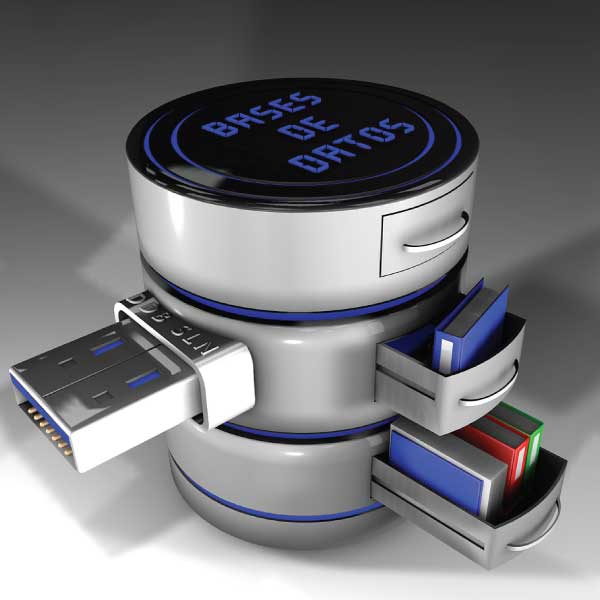
JET, JRuby, Logic Extensions & Workflows On The Glass
Wrapping up our deep dive on Dive Deep: Part 4 of our 4 part conference special.
In our 4th and final instalment on the recent Quest JD Edwards conference we’re focusing on JET, JRuby, Logic Extensions and the WorkFlow Studio.
The future direction for JD Edwards Applications was made very clear at this years conference, which is to focus on automation and focus on simplifying the user experience.
At the same time, Oracle are delivering the tools that enable you to reduce your reliance on customisations, ultimately lowering your future TCO.
JET: JD Edwards Newest Applications Visualize and Simplify User Experience
Oracle have delivered application user interfaces (charts, gauges, diagrams, timelines, thematic maps etc) without the need for a separate AIS server. Instead these UI’s use JET – the JavaScript Extension Toolkit. Oracle have delivered many modern graphical user interfaces with drag and drop charts and diagrams.
For example, Staff utilisation for Maintenance or Item where used information. The Property Map has been improved using JET.
Planned: New improved Work Centre Overview and Work Order Scheduling (calendar view, drag and drop for rescheduling etc)
JET Does not require a separate server.
Requires Tools 9.2.5.4
Download and run it like any other JDE app.
We’ve added the Oracle JET training videos to our own Oracle YouTube library.
JD Edwards Workflow Studio
You can now use a workflow modeler on the glass in Orchestrator studio. This is a more user-friendly tool that gives a comprehensive view of Workflow and its associated tasks.
To learn more watch this video through Ndevr’s JD Edwards YouTube playlist.
Logic Extensions
Logic extensions allow you to add logic to your application (the equivalent of event rules) on the glass as a UDO (part of orchestrator). This helps to remove the dependency on fat client.
JRuby Now The Default Orchestrator Custom Coding Language, Not Groovy
In our 3rd article on the Quest conference, we highlighted that JRuby is the default language for custom coding in Orchestrator going forward (not Groovy).
JRuby has a large development community, vast array of libraries and better run-time performance.
Both Groovy and Jython languages continue to be available with JDE Orchestrator, as they can still be installed on the AIS server.
…From Tools 9.2.6 JRuby will be pre-installed and Groovy script is being removed from E1 Delivery. Groovy will still be supported, however the groovy libraries will not be included. You can install it yourself by following the route in the Server Manager Guide….
This is the last of our 4 part special on the Quest JDE Infocus Conference.
Part 1: Introducing JD Edwards Release 22 & Quest InFocus Overview
Part 2: JDE Release 22 Applications Update
Part 3: The Incredible JD Edwards Orchestrator
Part 4: JET, JRuby, Logic Extensions & Workflows on the Glass
TALK TO US ABOUT UPGRADING TO RELEASE 22
email ndevr@ndevr.com.au or call +613 9865 1400


